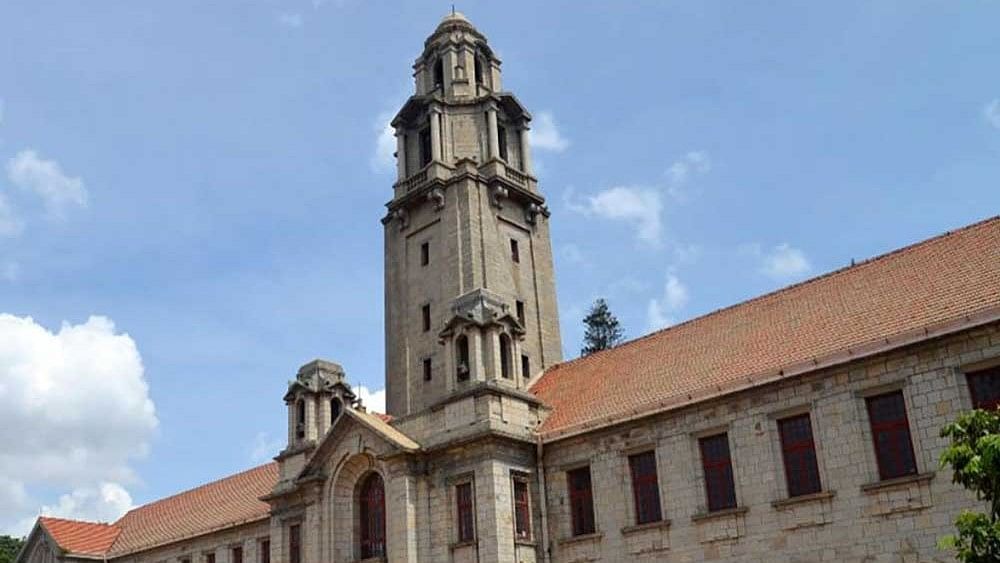
The Indian Institute of Science (IISc), Bengaluru.
Credit: DH file photo
Bengaluru: The Bengaluru Metropolitan Transport Corporation (BMTC) and a group of researchers at the Indian Institute of Science (IISc) have identified research-driven action points aimed at improving the corporation's planning and operations.
IISc’s Centre for Infrastructure, Sustainable Transportation and Urban Planning (CiSTUP) conducted a joint workshop with the BMTC on October 11 to discuss research findings with potential applications in BMTC operations.
CiSTUP faculty presented 10 BMTC-centric research projects on topics that included optimisation of bus operations, ridership and revenue forecasting, planning for electric bus fleet, and first- and last-mile service improvement.
At the workshop, CiSTUP released a research booklet centred on the BMTC’s planning and operations. The release was followed by a discussion on the findings.
The BMTC leadership team including MD Sathyavathi G and senior officials, along with deputy chief engineers and divisional heads, participated in the discussion.
"It is heartening to see CiSTUP’s cutting-edge research on topics of relevance to bus transit systems in general, and the BMTC in particular. We are eager to collaborate with CiSTUP faculty to translate their research into implementable solutions,” Sathyavathi said in an official statement.
The booklet compiles research findings on topics that include the effectiveness of bus priority lanes (BPLs) in Bengaluru and the stress experienced by drivers. The researchers found that there was “significant improvement” in travel times after the introduction of BPLs.
Collaboration
CiSTUP has proposed a model to facilitate a collaboration between ride-hailing service providers and the bus agency for first- and last-mile services. The researchers have also demonstrated that the application of 'machine learning' methods enhanced ETA predictions.